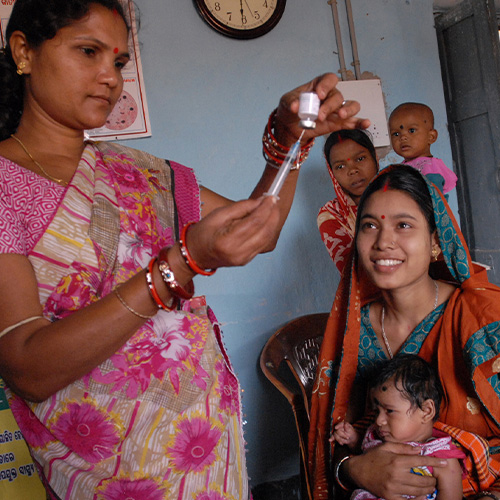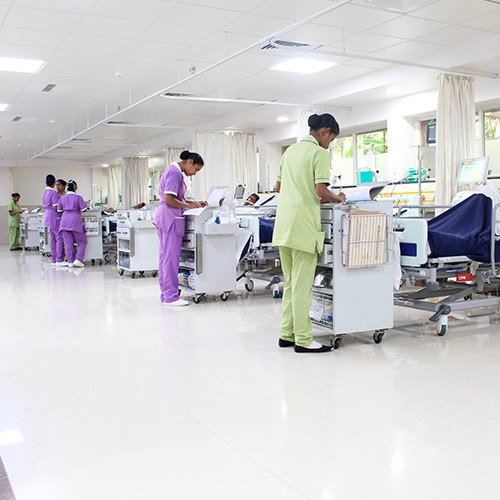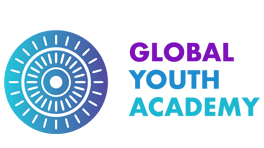Health Sciences Program in Bangalore, India

Context
Faced with an increasingly global and changing political, economic and social context, it is urgent to generate ethical and sustainable actions that have a positive impact against unemployment, poverty and inequalities.
According to the Universal Declaration of Human Rights (1948), “Everyone has the right to a standard of living adequate for the health and well-being of himself and his family, and in particular food, clothing, housing, health care and necessary social services”.
Health is a fundamental human right that remains unrecognized in many countries. Health is much more than the absence of disease.
India has a large health care sector and high-quality health services in major cities. However, in small towns and villages getting adequate medical attention can be a problem.
Thus, we find ourselves in a situation that is not equitable, with very innovative programs that have a large investment in research and development in cities like Bangalore, while in its rural areas the population does not have access to even the most basic services, being women and girls are the most vulnerable in this situation.
Learning Objectives
1
Training program that offers a broad view of the health situation in India, evaluated by global standards, from truly innovative programs to situations of extreme vulnerability in health matters.
2
The students will work in a practical way in hospitals, will carry out volunteering in local NGOs and will develop personal investigations on different areas of their interest. In addition, they will be able to launch their own activism campaigns in this area.
3
The course proposes specific training actions to understand the differences in accessibility to healthcare in the country and how to contribute to improving the situation, joining existing initiatives or undertaking actions that add value to current services once the needs have been detected.
4
Likewise, it trains students to acquire skills in the intercultural field, in the analysis of systems and in the transversal application of sustainable measures in matters of public health and access to healthcare for the entire population.
Developed Activities
The course proposes various training actions to understand the global health situation as well as the case of India and its diversity of application.
Students will be able to acquire skills to integrate the challenges of access to health at the global level and at the local level.
They will understand how, in societies where the welfare state does not exist, private philanthropic initiatives can act, and they will verify on the ground the importance of the third sector and volunteering in these situations.
The planned academic modules cover competences in multiculturalism, global citizenship, innovation in health, access and resources.
Students will work as part of a multicultural team on a high-impact sustainability project that is aligned with the Sustainable Development Goals.

Expected Results
1
Train the next generation of leaders for the creation and management of social and sustainable companies.
2
Train students to implement their own solutions with a social focus and a global vision on a local scale. So that they understand the functioning of successful alliances at these levels and to encourage their capacity for innovation in the face of this great challenge at all levels.
3
Equip students with the necessary skills to identify and solve public health problems in an ethical and sustainable way; and empower them to develop an entrepreneurial spirit in this field based on critical, responsible, committed and creative thinking.
4
Development of indicators to measure the health, social and environmental impact of its actions.
5
Deep understanding of the Sustainable Development Goals and the 2030 Agenda and their transversal application in economic and business activity.
Training
complementary
Global Youth Academy is Lea Global’s e-learning platform that offers training on the United Nations 2030 Agenda and how to adhere, through action, to the different SDGs. All projects include 120 hours of training at the Global Youth Academy, as well as continuous online support on the subject developed.

